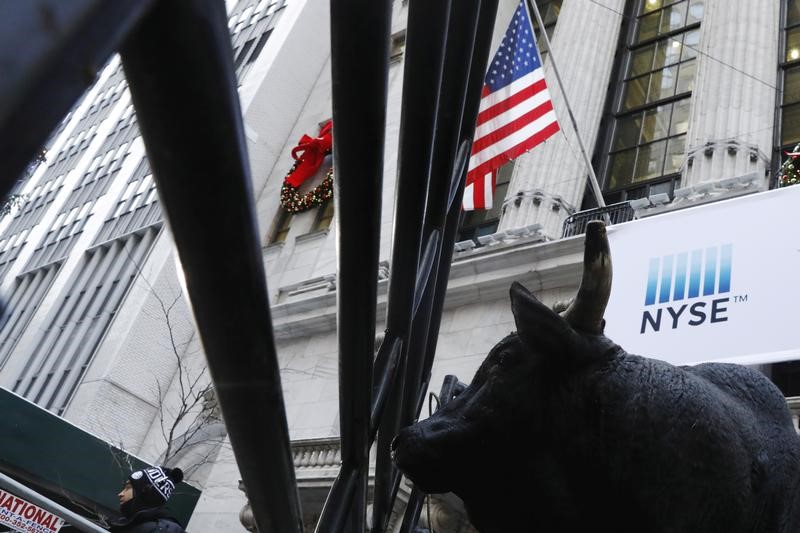(Bloomberg) -- It’s a common gripe among quants that’s hard to prove: Traditional factor investing has become too crowded for its own good. Now one systematic manager says it’s found the smoking gun.
A new study from Capital Fund Management finds that the booming U.S. momentum strategy -- which bets on the best stock performers over the past year -- is becoming exceedingly expensive to pull off in practice.
Consider an investor whose algorithm just told him or her to plow millions into the trade. If rivals are seeing the same on their screens, a flurry of purchases en masse could push up transaction costs and erode profits the managers might harvest from the underlying strategy.
That’s the issue documented in CFM’s study parsing years of market data. Similar dynamics are also likely making life harder for factor quants who dissect shares by other traits like how they cheap they look, known as value, and their size, the authors say.
“It means the price you’re able to get as you’re trying to trade is higher than you thought initially because of people pushing,” Jean-Philippe Bouchaud, co-author of the January paper and CFM chairman, said in a phone interview. “So the extra cost -- although it comes from a rather small correlation -- is enough to eat a substantial part of the signal.”
Bouchaud’s conclusions echo longstanding fears that popularity is killing factor investing, which now commands $2 trillion overall by one estimate. Outflows and volatility have plagued a slew of traditional quant shops riding a broad array of strategies, prompting some to adopt fresh inputs or faster-moving strategies.
Momentum itself has been one of the biggest winners of the post-crisis bull market, beating a global benchmark in all but two of the last 10 years as it surfed the seemingly relentless tech rally.
Its volatility also came to the fore when the strategy posted the largest one-day crash in a decade last September -- a mini-quant quake that many blamed on rapid deleveraging by large investors. The investing style has largely drifted downward since.
CFM combed through more than 1,000 different stocks and found that correlation between momentum buy-signals and market imbalances that raise transaction costs has increased since 2012. The researchers capture this by looking at the gap between the executed price and the mid-price, and buying volumes relative to selling.
From a bird’s eye view, “the momentum trade represents a very minute fraction of what’s happening in the market,“ Bouchaud said. “But the interesting point that we’re trying to make in the paper is that this is actually enough to induce transaction costs that are of the same order of magnitude as the gains of the strategy.”
The team finds similar signs of crowding in value and size though the evidence is less clear-cut since these are slower-moving strategies. The data is also too noisy to conclude that crowding in those two factors has actually intensified over the years.
But overall it’s a grim picture for the famous factor model developed by academics Eugene Fama and Kenneth French, which includes value and size.
“The estimated impact costs suggest that simple Fama-French factor investing is close to saturation,” the authors say in the recent paper.
Their contention that herd behavior is causing rules-based strategies to misfire will find plenty of pushback. BlackRock Inc (NYSE:BLK). -- which has facilitated the factor boom with its smart-beta exchange-traded funds -- has stressed that these quant strategies in one direction are often offset by the buying and selling behavior of other types of investors. It also said in a December note that trading costs are far from destroying returns.
Many would point to value or small-cap stocks’ widening discount to the broader market as a sign that these factors are, if anything, becoming less popular.
Besides, a crowded trade could still pay off thanks to strong underlying fundamentals, says Wes Gray, founder of Alpha Architect, an ETF provider. Factors such as momentum, low volatility and quality have delivered decent performance in recent years, he points out.
But to Bouchaud, the research confirms his firm’s long-held view that quants can rely on traditional factors no longer. Instead, they should find more innovative ways of applying old ones, or dig for new varieties altogether.
“Naive implementation of factors is not good enough anymore,” he said.
